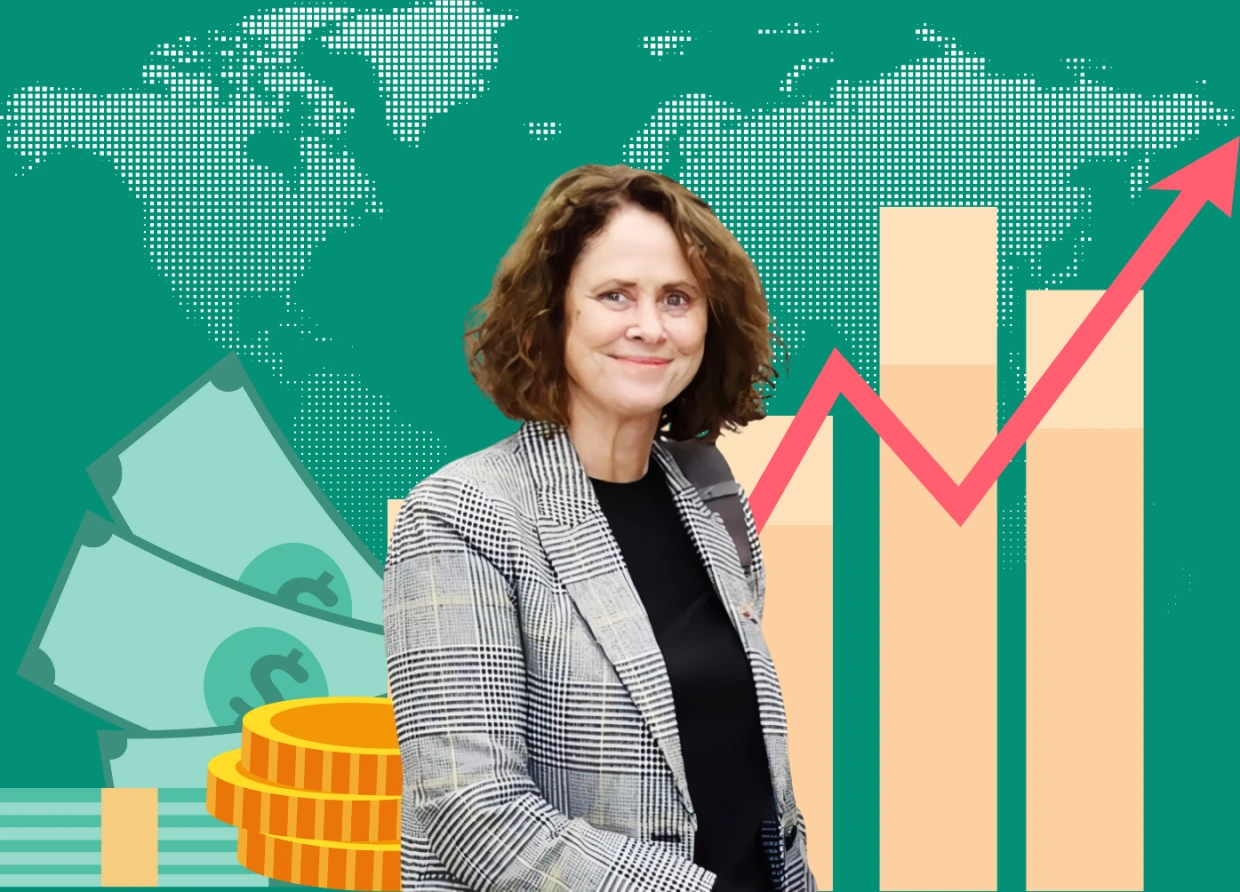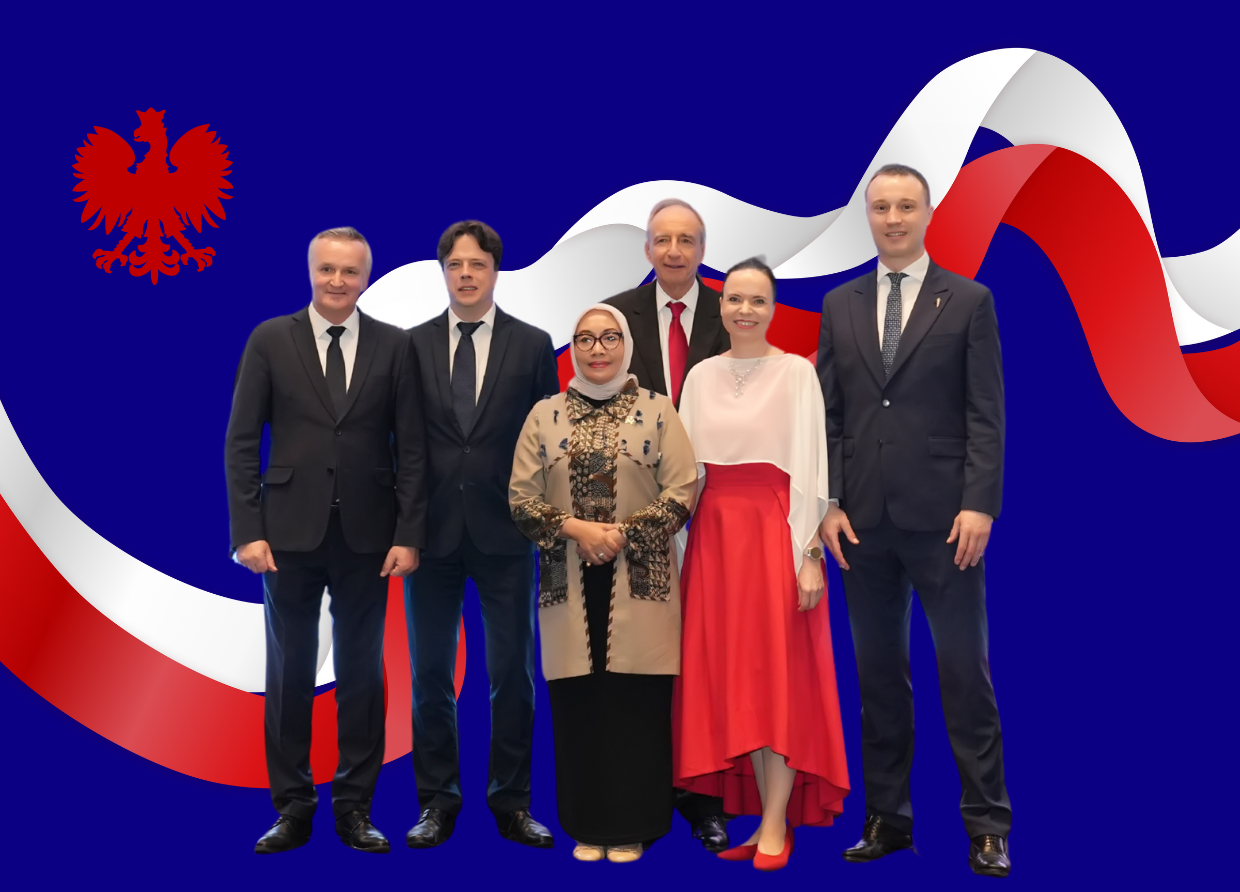WORLD BANK: INDONESIA’S ECONOMY TO GROW STEADILY DESPITE GLOBAL CHALLENGES
Steady Growth Amid Global Headwinds, Structural Challenges Identified

Indonesia's economy is projected to maintain a steady growth rate over the next few years, driven by increasing public spending, rising business investments, and robust consumer demand, according to the World Bank's latest Indonesia Economic Prospects report. The report forecasts an average annual GDP growth of 5.1% from 2024 to 2026, despite global headwinds such as fluctuating food and energy prices, a cooling commodity boom, and geopolitical uncertainties.
"Indonesia's successful economic performance is largely due to the government’s solid macroeconomic policy framework, which has played a key role in attracting investment," said Carolyn Turk, World Bank Director for Indonesia and Timor-Leste. She emphasized the importance of maintaining prudent, transparent, and credible macroeconomic policies while ensuring fiscal space for crucial spending on social protection, human capital, and infrastructure.
Headline inflation has been on the rise, with food prices surging earlier this year. Consumer prices increased by 2.8% in May 2024 compared to the previous year, up from a 2.6% rise in January. Adverse climate conditions, which impacted rice harvests, contributed to this increase in food costs. Inflation is expected to stabilize at around 3% in 2024.
In response to economic pressures, Bank Indonesia raised its benchmark interest rate by 0.25 percentage points to 6.25% in April 2024—the highest rate since 2016. This move came as central banks in advanced economies postponed rate cuts, leading to capital outflows and currency pressures in Indonesia and other emerging markets. However, the central bank is anticipated to start cutting rates in 2025 as conditions improve.
As government revenues decline due to lower commodity prices, Indonesia is increasing social spending and public investments. Public debt is expected to remain stable in the face of these changes.
The report also identifies four emerging structural challenges facing Indonesia: rising concentration in the manufacturing sector, slowing progress in reducing regional income disparities, weaker wage growth coupled with rising inequality post-pandemic, and limited geographic labor mobility, which hinders the alignment of workers with jobs and opportunities that could improve living standards.
The second part of the report outlines Indonesia’s ambition to transition from middle-income to high-income status by 2045, emphasizing the need for increased private sector investment and dynamism to achieve long-term growth. "Regulatory reforms that open markets and enhance firm productivity across manufacturing and services will be critical," said Habib Rab, World Bank Lead Economist for Indonesia and Timor-Leste.
#THE S MEDIA #Media Milenial #Indonesia economy #World Bank #GDP growth #public spending #business investment #consumer demand #inflation #food prices #Bank Indonesia #interest rates #macroeconomic policy #social spending #public investment #manufacturing sector #wage growth #inequality #labor mobility #private sector investment #regulatory reforms #high-income status #Indonesia Economic Prospects report #Carolyn Turk #Habib Rab


























